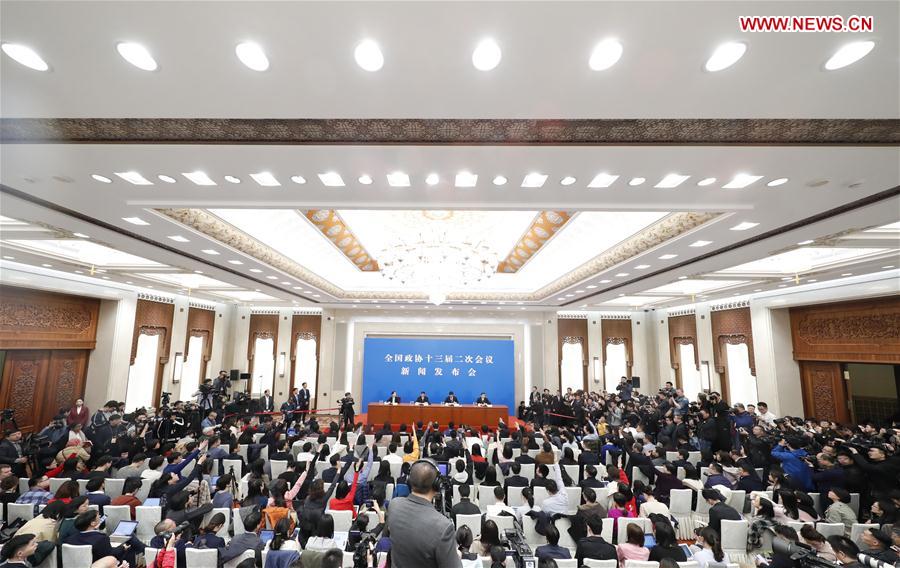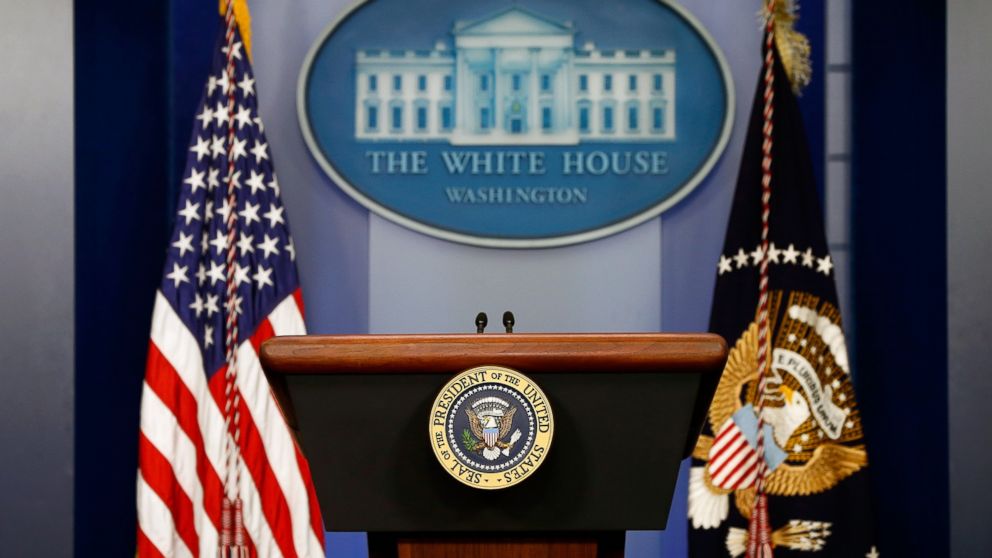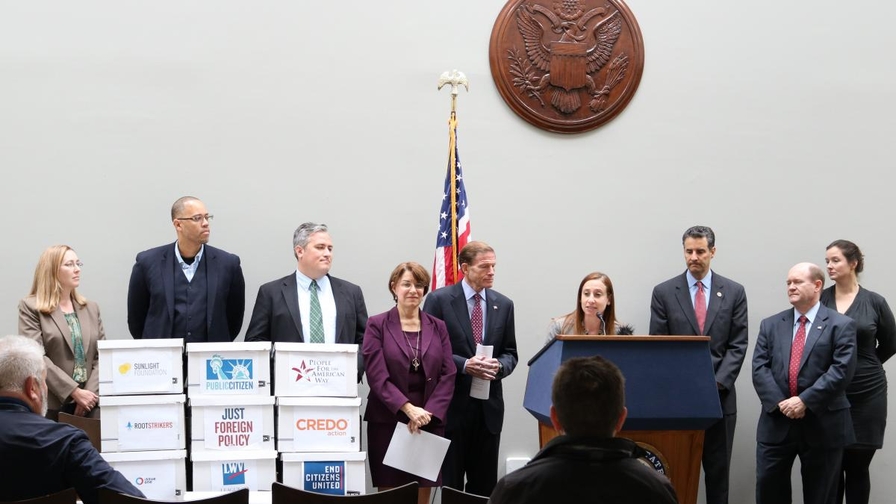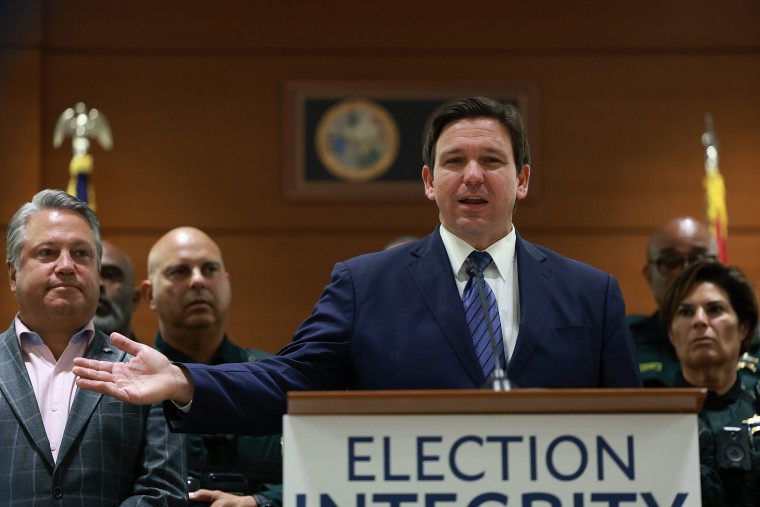
In the ever-evolving landscape of politics, 2022 has emerged as a year of intense debate and critical decision-making. As we navigate through the complexities of our global society, it is crucial to decode the hottest political topics that demand our attention.
This article aims to provide an analytical and objective overview of the top 10 issues dominating the political discourse in 2022. From COVID-19 response to racial inequality, join us as we explore the pressing matters that shape our future.
COVID-19 Response
The government's handling of the COVID-19 pandemic has become a focal point of political discourse in 2022.
One of the most contentious issues surrounding this topic is the implementation of government mandates and the distribution of vaccines.
The debate revolves around the balance between individual freedoms and public health concerns.
Supporters argue that government mandates, such as mask-wearing and social distancing, are necessary to curb the spread of the virus and protect the population. They also emphasize the importance of a fair and efficient vaccine distribution system to ensure that everyone has access to protection.
On the other hand, critics argue that these mandates infringe upon personal freedoms and question the effectiveness of certain measures. They also express concerns about the equity and transparency of the vaccine distribution process.

As the pandemic continues to evolve, finding the right balance between individual liberties and public health priorities remains a significant challenge for policymakers.
Climate Change Action
Amidst the ongoing debates surrounding the government's response to COVID-19, the issue of climate change action has emerged as another pressing concern in political discourse. As the effects of climate change become increasingly evident, there is a growing demand for effective solutions and proactive measures to mitigate its impact.
Environmental activism has gained traction, with individuals and organizations pushing for policies that prioritize sustainability and carbon reduction. Climate change solutions encompass a wide range of strategies, including transitioning to renewable energy sources, implementing stricter regulations on emissions, and promoting sustainable practices in various sectors.
The urgency of addressing climate change is recognized by a broad spectrum of society, and political leaders are under pressure to take meaningful action. The success of these efforts will depend on governments' ability to prioritize the environment while balancing economic growth and societal well-being.
Immigration Policies
The discussion on immigration policies revolves around three key points:
- Border security concerns: Border security has been a longstanding issue, with debates focusing on the effectiveness and fairness of different approaches.
- The path to citizenship for Dreamers: The path to citizenship for Dreamers, young undocumented immigrants brought to the country as children, continues to be a contentious topic. Advocates argue for a pathway to legal status, while opponents raise concerns about rewarding illegal entry and potential impacts on the economy and job market.
- The treatment of asylum seekers and refugees: The treatment of asylum seekers and refugees raises questions about humanitarian obligations and the balance between national security and compassion. The policies and practices regarding detention, processing, and the granting of asylum have been subject to scrutiny and debate.
These three points are at the center of discussions on immigration policies, each with its own complexities and implications.
Border Security Concerns
Against the backdrop of escalating tensions and growing concerns surrounding border security, the issue of immigration policies continues to be a contentious and pressing matter in the realm of politics. As countries grapple with the challenges of maintaining secure borders while upholding humanitarian values, the following points shed light on the current landscape:

- Border security concerns: Governments are under pressure to address the increasing number of unauthorized crossings and potential threats to national security.
- Immigration policies: The formulation of immigration policies is crucial in managing the influx of migrants, ensuring fairness, and promoting economic growth.
- Humanitarian considerations: Balancing security measures with compassion is vital to protect vulnerable individuals and provide refuge to those fleeing persecution.
These topics resonate with a freedom-loving audience, as they involve navigating the delicate balance between national security and human rights, while also addressing economic and social implications.
Dreamers' Path to Citizenship
As governments grapple with border security concerns and the formulation of immigration policies, a significant issue that continues to spark debates is the path to citizenship for Dreamers.
Dreamers, young undocumented immigrants brought to the United States as children, have been at the center of discussions on immigration reform. The question of whether they should be granted a path to citizenship has divided politicians and the public alike.
Supporters argue for the recognition of Dreamers' rights, emphasizing their contributions to society and the need for compassion. They believe that offering a pathway to citizenship would not only provide Dreamers with security and stability but also align with the values of freedom and justice.
On the other hand, opponents express concerns about the potential impact on national security and the rule of law. They argue that any immigration reform should prioritize the interests of American citizens.
As the debate unfolds, the future of Dreamers' path to citizenship remains uncertain, highlighting the complexities of immigration policies.
Asylum Seekers and Refugees
Continuing the discussion on immigration policies, a significant issue that demands attention is the treatment of asylum seekers and refugees. The way countries handle asylum policy and refugee resettlement has become a hot topic in political conversations. Here are three key points to consider:

- Humanitarian Responsibility: Many argue that countries have a moral obligation to provide refuge to those fleeing persecution and violence in their home countries.
- National Security Concerns: Critics raise concerns about potential security threats posed by accepting asylum seekers and refugees, emphasizing the need for strict vetting processes.
- Integration and Assimilation: The successful resettlement of refugees requires efforts to help them integrate into their new societies, providing language and job training programs, and promoting cultural exchange.
The discussion surrounding asylum seekers and refugees is complex, encompassing both humanitarian and security considerations. Striking a balance between compassion and national interests remains a crucial challenge for policymakers worldwide.
Cybersecurity
The growing importance of cybersecurity has become a significant concern in the political landscape of 2022. With the increasing reliance on technology and the internet, the threat of data breaches and the erosion of online privacy have become pressing issues that policymakers cannot ignore.
Data breaches, where sensitive information is compromised by malicious actors, have the potential to cause significant harm to individuals and organizations alike. Online privacy, the ability to control one's personal information and online activities, is a fundamental right that is being challenged by the ever-expanding reach of surveillance and data collection.
As citizens demand protection and transparency in the digital realm, politicians must navigate the complex terrain of cybersecurity to strike a balance between security and individual freedoms.
Racial Inequality
Racial inequality remains a pressing issue in today's society, with various aspects highlighting its prevalence.
Discrimination in education continues to hinder opportunities for marginalized communities, perpetuating disparities in academic achievement and future prospects.
Systemic racism in healthcare further exacerbates the problem, as racial minorities often face unequal access to quality healthcare and experience higher rates of morbidity and mortality.

Additionally, economic disparities persist, with marginalized groups encountering barriers to wealth accumulation and upward mobility.
Addressing these issues requires a comprehensive and multifaceted approach to dismantle systemic racism and promote a more equitable society.
Discrimination in Education
Discrimination in education persists as a pressing issue, highlighting the ongoing struggle for equality and fairness in the educational system. Despite efforts to address this issue, racial inequality in education continues to hinder progress and limit opportunities for marginalized communities.
To fully understand the impact of discrimination in education, it is crucial to consider the following:
- Lack of equal opportunities: Discrimination in education denies certain individuals access to quality education, perpetuating disparities and hindering social mobility.
- Educational reforms: Implementing comprehensive educational reforms is essential to combat discrimination and create a more inclusive learning environment for all students.
- Societal implications: Discrimination in education not only affects individuals but also contributes to wider social inequalities, creating a cycle of disadvantage that can be difficult to break.
Addressing discrimination in education requires a commitment to equal opportunities, the implementation of effective educational reforms, and a recognition of the broader societal implications.
Only through such efforts can we strive towards a more equitable and just educational system that provides every student with the chance to thrive.
Systemic Racism in Healthcare
Systemic racism pervades the healthcare system, exacerbating racial inequalities and perpetuating disparities in access to quality care. It is a deeply rooted issue that affects marginalized communities, particularly people of color, leading to significant health disparities and unequal treatment.

Research consistently shows that racial and ethnic minorities face barriers in receiving appropriate medical care, resulting in poorer health outcomes. These disparities can be attributed to various factors, such as implicit bias among healthcare professionals, unequal access to healthcare services, and discriminatory practices within the healthcare system.
For example, studies have highlighted racial disparities in treatment for conditions like cardiovascular disease, cancer, and maternal health.
Addressing systemic racism in healthcare requires comprehensive reforms, including increasing diversity in the healthcare workforce, implementing culturally competent care, and promoting equitable access to healthcare services for all individuals, regardless of their race or ethnicity.
Economic Disparities Faced
The issue of economic disparities faced by marginalized communities, particularly people of color, continues to persist, further exacerbating racial inequalities and perpetuating disparities in access to economic opportunities. This subtopic highlights the ongoing challenges faced by individuals from marginalized backgrounds in achieving economic mobility and equality.
The following are key points to consider:
- Economic Mobility:
- Limited opportunities for social and economic advancement hinder the ability of marginalized communities to break free from cycles of poverty and inequality.
- Barriers such as discrimination, lack of access to quality education, and limited resources contribute to the limited upward mobility experienced by marginalized individuals.
- Policies and initiatives aimed at promoting economic mobility, such as targeted job training programs and equal opportunity legislation, can help address these disparities.
- Income Inequality:
- Income disparities between racial and ethnic groups persist, with people of color often experiencing lower wages and higher poverty rates compared to their white counterparts.
- Structural factors, such as discriminatory hiring practices and systemic racism, contribute to these income disparities.
- Addressing income inequality requires implementing equitable economic policies, such as raising the minimum wage, ensuring pay transparency, and promoting inclusive hiring practices.
Gun Control
Gun control is a prominent and contentious issue in contemporary politics, with numerous debates and discussions taking place on the subject.
Advocates for gun violence prevention argue that stricter regulations are necessary to reduce the number of firearms-related deaths and injuries. They believe that implementing measures such as background checks, waiting periods, and banning certain types of weapons can help prevent gun violence and protect public safety.

On the other hand, those who emphasize Second Amendment rights argue that individuals have the fundamental right to own and bear arms, and that any restrictions on gun ownership infringe upon this constitutional right. They contend that responsible gun ownership is not the root cause of violence and that focusing on mental health and addressing societal issues is a more effective approach.
The debate surrounding gun control remains highly polarized, and finding common ground continues to be a challenge.
Voting Rights
Voting rights have become a highly debated topic in recent years. Two main points of contention are voter ID requirements and concerns over gerrymandering.
Proponents of voter ID requirements argue that they help protect against voter fraud. They believe that requiring voters to show identification at the polls ensures that only eligible citizens are able to vote. This, they argue, helps maintain the integrity of the electoral process.
Opponents of voter ID requirements, however, claim that they disproportionately impact marginalized communities. They argue that certain groups, such as low-income individuals and people of color, may face barriers in obtaining the necessary identification documents. This, they argue, can result in the disenfranchisement of these communities.
Gerrymandering, on the other hand, raises concerns about the fairness and integrity of elections. It is a practice that allows politicians to manipulate district boundaries to gain an advantage. By strategically drawing district lines, politicians can create districts that are more likely to support their party or protect incumbents. This can lead to distorted representation and undermine the principle of fair elections.
Both voter ID requirements and gerrymandering continue to spark intense discussions and calls for reform. Many advocate for measures that would ensure equal access to the voting process and maintain the integrity of democratic systems. These include exploring alternative forms of identification, implementing independent redistricting commissions, and promoting transparency and accountability in the electoral process.

Voter ID Requirements
Amidst the political landscape of 2022, scrutiny over voter ID requirements continues to intensify. As the debate rages on, proponents argue that these requirements are necessary to prevent voter fraud and ensure the integrity of the electoral process. On the other hand, critics argue that such requirements disproportionately affect marginalized communities, leading to voter suppression.
Here are some key points to consider:
- Voter ID requirements aim to prevent voter fraud and maintain the sanctity of the voting system.
- Critics argue that these requirements can disenfranchise certain groups, particularly those who face difficulties in obtaining the necessary identification.
- The ongoing discussion raises questions about striking a balance between voter fraud prevention and ensuring equal access to the polls.
As the nation continues to grapple with this issue, finding solutions that safeguard against voter fraud while addressing concerns of potential voter suppression remains a complex challenge.
Gerrymandering Concerns
The issue of gerrymandering raises significant concerns regarding voting rights, as it undermines the principles of fair representation and democratic processes. Gerrymandering refers to the manipulation of electoral district boundaries to favor a particular political party or group.
This practice allows politicians to choose their voters instead of voters choosing their representatives, leading to a distortion of the democratic process. Gerrymandering reform has become a pressing issue as it seeks to address the imbalance created by partisan redistricting.
Advocates for reform argue that a fair and transparent redistricting process based on neutral criteria is essential to ensure that elections truly reflect the will of the people. By eliminating gerrymandering, we can uphold the integrity of our electoral system and protect the fundamental right to vote.
Police Reform
Police reform has become a pressing issue in the political landscape of 2022. With growing concerns over police accountability and the need for community engagement, the topic has been thrust into the forefront of public discourse.

Here are some key points to consider:
- Police accountability: Many citizens are demanding increased transparency and accountability within law enforcement agencies. This includes measures such as body cameras, independent oversight boards, and stricter disciplinary actions for misconduct.
- Community engagement: Building trust and fostering positive relationships between police and the communities they serve is crucial. Efforts to improve community engagement include implementing community policing programs, promoting diversity within police departments, and encouraging dialogue and collaboration between law enforcement and community members.
As calls for police reform continue to resonate across the nation, finding common ground and implementing effective policies will be essential for creating a fair and just system that upholds the values of freedom and justice for all.
Economic Recovery
One prominent concern in the realm of politics in 2022 is the issue of economic recovery.
As countries around the world continue to grapple with the aftermath of the COVID-19 pandemic, governments are faced with the challenge of jumpstarting their economies.
The key to achieving this lies in implementing effective economic stimulus measures and job creation strategies.
Economic stimulus packages can help boost consumer spending and business investment, while job creation initiatives can reduce unemployment rates and provide individuals with the means to support themselves and their families.
Policymakers must strike a delicate balance between providing short-term relief and setting the stage for long-term economic growth.

This requires careful planning, targeted investments, and policies that foster innovation and entrepreneurship.
Foreign Relations
Moving from the previous subtopic of economic recovery, a critical area of concern in 2022 revolves around foreign relations. The global political landscape is constantly evolving, and foreign diplomacy and trade agreements play a crucial role in shaping the relationships between nations. Here are three key points to consider:
- Foreign Diplomacy: In 2022, countries will continue to navigate complex diplomatic challenges, seeking to strengthen alliances and build new partnerships. The ability to effectively engage in diplomatic negotiations and resolve conflicts will be paramount in maintaining peaceful relations.
- Trade Agreements: The world is interconnected through global trade, and trade agreements play a significant role in promoting economic growth and stability. Countries will strive to negotiate favorable trade deals that benefit their economies and create opportunities for their citizens.
- Global Power Shifts: The balance of power among nations is continuously shifting. In 2022, we can expect to see geopolitical realignments as countries assert their influence and vie for dominance on the global stage. Understanding these power dynamics will be crucial in navigating the ever-changing landscape of international relations.
Frequently Asked Questions
What Are the Specific Measures Being Taken by the Government to Combat the Spread of Covid-19?
The government's COVID-19 response includes a range of measures against the spread of the virus. These measures may involve lockdowns, testing and contact tracing, vaccination campaigns, public health guidelines, and economic support for affected individuals and businesses.
How Will the Government Address Racial Inequality Issues in Policies and Legislation?
The government is addressing racial inequality issues through a range of initiatives and policies. These include promoting diversity and inclusion, implementing anti-discrimination legislation, and engaging with communities to ensure their voices are heard and their concerns are addressed.
Are There Any Specific Plans in Place to Improve the Cybersecurity Infrastructure of the Country?
The government has implemented cybersecurity initiatives and national defense measures to improve the country's cybersecurity infrastructure. These measures aim to protect critical infrastructure and sensitive information from cyber threats, ensuring the nation's security and stability.
What Actions Are Being Taken to Promote Economic Recovery and Support Small Businesses?
Efforts are being made to promote economic recovery and support small businesses through various measures such as economic stimulus packages and financial support programs. These initiatives aim to stimulate growth and provide assistance to businesses affected by the pandemic.
How Will the Government Ensure Voting Rights for All Citizens and Address Any Concerns of Voter Suppression?
Ensuring voting rights for all citizens and addressing concerns of voter suppression is a crucial task for the government. This includes implementing measures to protect against voter ID laws and gerrymandering, while maintaining an objective and informed approach to safeguarding the freedom of all individuals.







